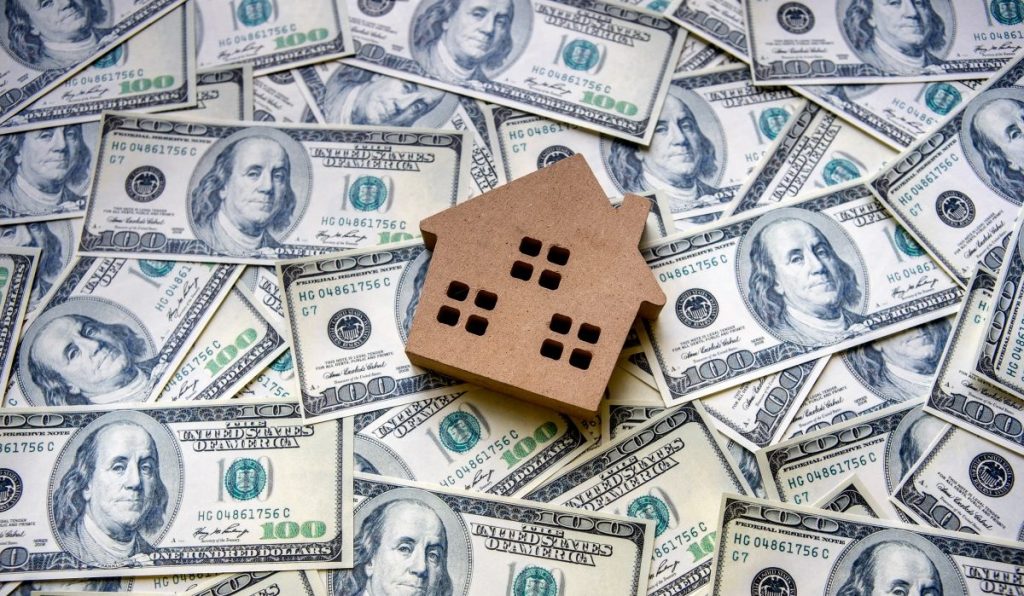The money Fannie Mae and Freddie Mac earned from the adverse market fee paid for nearly the entire cost of the agencies’ Covid relief options, according to a Federal Housing Finance Agency inspector general report.
The March 2020 CARES Act was meant to blunt the impact of Covid’s economic toll on homeowners, by letting them defer mortgage payments for an initial year without penalty. The legislation also placed a moratorium on foreclosures, which the FHFA later extended to July 2021.
But deferring payments and foreclosure actions “imposed significant costs on the Enterprises,” the inspector general report said. How much?
FHFA estimated the forbearance and foreclosure programs will cost the GSEs $7 billion to $8 billion over the next two-to-four years. The FHFA’s division of research and statistics, until recently led by Calabria-appointee Lynn Fisher, made the cost projections. Of that total cost, the office expects $4 billion in anticipated defaults.
But in addition to the $59 billion Fannie Mae and Freddie Mac have on hand, most of that cost is easily recouped by the 50 basis point adverse-market fee, which the GSEs applied to nearly all refinances starting in October 2020. The fee netted the agencies $5.3 billion before its elimination 10 months later, to the jubilant cheers of mortgage lenders.
How new analytics can help lenders expand access to mortgage credit
As the economic recovery from COVID-19 continues, conflicting trends in mortgage credit availability have emerged. But there are innovative ways for lenders to both reduce uncertainty and keep credit flowing during economic downturns, benefiting both lenders and consumers.
Presented by: FICO
The number of homeowners who have participated in forbearance at some point over the past 18 months has now climbed to 7.7M, or approximately 15% of all U.S. mortgage-holders, Black Knight reported in October.
Initially, some expected forbearance levels — and therefore potentially the costs to the agencies — to be higher.
Then-FHFA Director Mark Calabria testified before Congress in late 2020 that others’ early estimates predicted overall forbearance rates could reach 50%. Instead, forbearance rates peaked in May 2020 at 9%, and steadily declined in the months that followed. And although the GSEs account for 60% of the mortgage market, with $5.5 trillion in outstanding mortgage debt, by May 2020 its forbearance rate was only 6.4%.
The forbearance rate at the GSEs continued to decline steadily, and by mid-August 2021, just 1.6% of Fannie Mae and Freddie Mac-backed loans were in forbearance.





